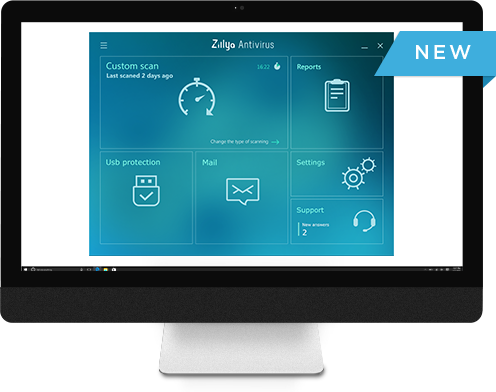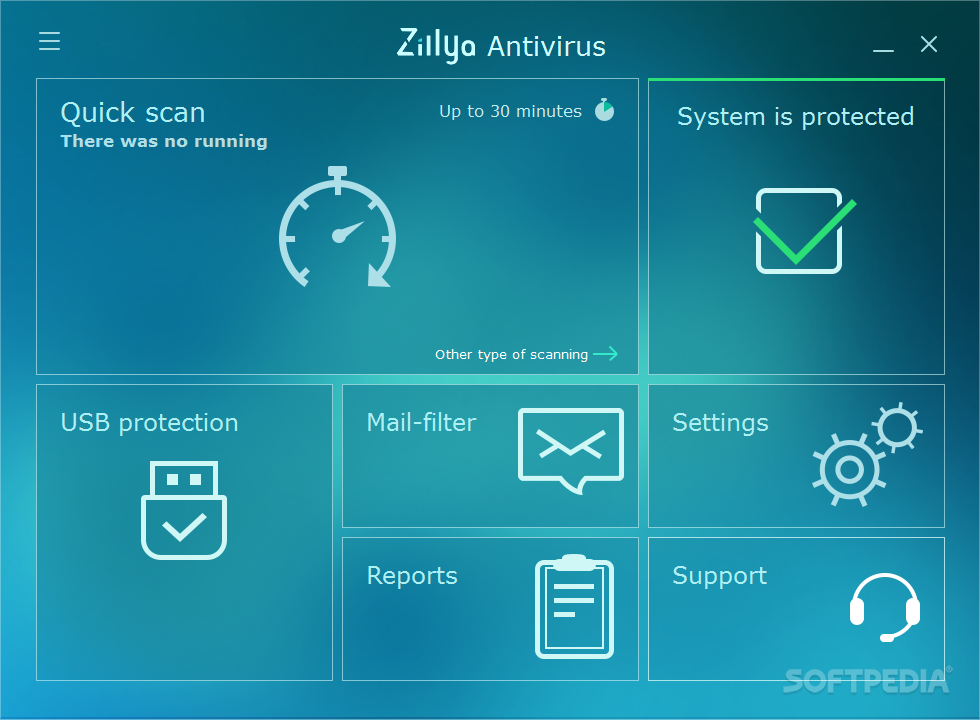
- #Zillya antivirus false positives .exe
- #Zillya antivirus false positives update
- #Zillya antivirus false positives full
- #Zillya antivirus false positives Pc
#Zillya antivirus false positives full
It’s somewhat legitimate that Antivirus program will display a warning about my password-recovery tools, as long as it’s done with full explanation about the alert, which means that the Antivirus program must explain the user that the program is completely legitimate and it’s not bad by itself, but it can be also used by hackers to steal passwords and that’s why the warning is displayed.Īlso… the alerts on password-recovery tools should not be detected in VirusTotal Web site, unless this Web site will start to make full separation between Viruses/Trojans/Malwares and non-malicious tools, so people who check the file in VirusTotal will not think that my tool is an horrible Virus. I have also decided to generate score for every Antivirus program according to their false positive issues.īefore I continue with more information about this report… let me say a few words about the term “False Positive”: There are people who say that I don’t use the term “False Positive” correctly, simply because the alerts about my tools are not a mistake and the Antivirus programs have to display an alert about a program that can be used by hackers for bad purposes (like my password-recovery tools).
#Zillya antivirus false positives .exe
exe files of NirSoft from VirusTotal Web site and then processes the collected information and generates the desired report. I have created a small program that downloads the Antivirus scans result of all. In order to find out which Antivirus programs cause more troubles with the tools of NirSoft, I decided to generate a report with the number of false positive alerts of every Antivirus program. Hope that this helps with the next iterations of my exe so that it stays clean.As you may know, some of the powerful tools on NirSoft Web site, especially the tools that recover passwords, are constantly targeted by many Antivirus programs.
#Zillya antivirus false positives Pc
I got a feedback by email within one day that it is ok, and the scanner on my pc agrees with this now. Other scanners have similar feedback lines.

Avira put that file into quarantine since it was considered potentially dangerous (due to heuristics, which means that some segments look typical for a virus, but no virus is actually found). I had a similar problem with a pyinstaller exe under Windows. exe launcher that it created won't be considered a Trojan? Is there anything else I can do with PyInstaller to make it so that the. Hopefully they will back off on whatever it is that they thought they were trying to detect.

exe file in question to AVG for their analysis. but still I'm concerned that it is not just AVG giving a false positive. Now I can't say that these other scanners are ones that I have heard of before. Rising Malware.Generic.5!tfe (thunder:5:ujHAaqkyw6C)ĬrowdStrike Falcon (ML) malicious_confidence_93% (D)Įndgame malicious (high confidence) 20170503 SentinelOne (Static ML) static engine - malicious Which shows that 11 out of 61 scanners detect a problem: TheHacker Trojan/Agent.am

exe file to VirusTotal I get this analysis: At first I just thought it was a false positive in AVG, but submitting the. exe file used to start the program (in the folder created by PyInstaller that has all of the Python "guts").
#Zillya antivirus false positives update
My AVG Business Edition AntiVirus just started complaining with today's update that the program has an SCGeneric Trojan Horse in the main.

About a month ago, I used PyInstaller and Inno Setup to produce an installer for my Python 3 script.


 0 kommentar(er)
0 kommentar(er)
